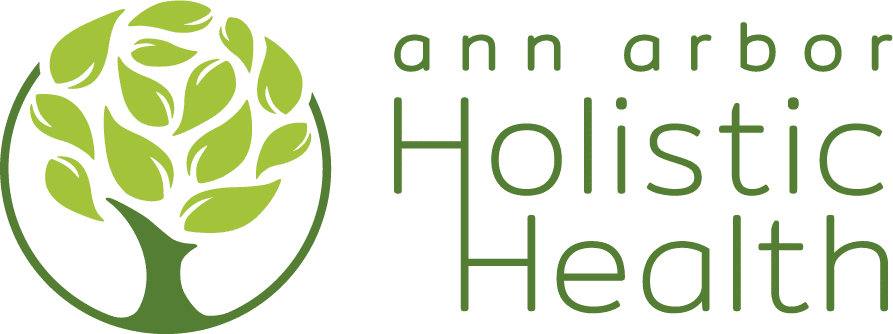
Aiming Acupuncture at Depression By Marilyn Elias, USA TODAY
Could acupuncture, a 5,000¬year¬old healing technique, prove to be a cutting¬edge weapon for treating the modern nemesis of clinical depression?
A pioneering pilot study, funded by the U.S. Office of Alternative Medicine, suggests this ancient Chinese therapy might offer some surprising benefits for those who are clinically depressed.
More therapeutic options would be welcome, experts say. The illness costs Americans about $40 billion a year in lost productivity and treatment charges. About two¬thirds hit by serious depression recover ¬if they complete state¬of¬the¬art treatment (drugs and/or psychotherapy). But one¬third drop out before finishing and, even if they recover from one episode, 70% suffer relapses.
“We need a lot more attention on accurately diagnosing and treating depression. . . . Of course, any new modalities would be welcome,” says Dr. Susan Blumenthal, assistant U.S. surgeon general and a women’s health specialist in the Department of Health and Human Services.
Some studies from the former Soviet Union and China have pointed to acupuncture as a possibly effective method for treating mood disorders. But depression per se doesn’t exist as a diagnosis in traditional Chinese medicine, says psychologist John Allen of University of Arizona, Tucson.
“We decided to look at how well acupuncture worked in treating the various symptoms of depression, even though the Chinese don’t have a specific name for the illness,” he says.
With Tucson acupuncturist Rosa Schnyer, Allen did a 16¬week experiment to test the value of acupuncture treatments tailored for improving specific symptoms of 34 seriously depressed women. He randomly divided them into three groups:
Group No. 1 got eight weeks of acupuncture designed to improve each woman’s particular symptoms.
Group No. 2 got eight weeks of general acupuncture (no effort to place needles at points linked by Chinese medicine to specific complaints), then eight weeks of treatment tailored to their problems.
Group No. 3 was put on a wait list for eight weeks to test improvement just from waiting, then went for eight weeks of acupuncture prescribed for their own conditions. “One of the reasons we funded this is because we were so impressed with the experimental design. It was done with a lot of care,” says John Spencer, senior policy analyst in the U.S. Office of Alternative Medicine.
Right after the study ended, the patients had attained: A 43% reduction in symptoms from tailored acupuncture. A 22% reduction from the nonspecific acupuncture. A 14% reduction just from waiting. More than half no longer met the criteria for clinical depression after eight prescribed acupuncture treatments, “and that compares favorably to therapies we already use, some much more expensive than acupuncture,” Allen says.
These preliminary findings “are very intriguing, certainly promising enough to justify larger studies,” adds Spencer.
But it’s still an ongoing study, Allen emphasizes. He’s now working on one¬year follow¬ups to see how many patients relapse. At least in this small study, only 12% dropped out.
The findings so far “in no way justify everyone running out to their local acupuncturist and giving up on other methods,” cautions Spencer. “We have to be guarded because these are small numbers. You’d need a full¬blown clinical trial with a lot more people to prove it really works.”
Allen plans larger studies next year and hopes to see how “tuneup” treatments do in preventing relapse. He also intends to compare acupuncture therapy directly to other, established treatments such as certain types of talk therapy.
Cognitive and behavioral therapies have been found to affect brain function, Blumenthal points out. “It’s possible acupuncture may do the same. It isn’t just pills that can change brain chemistry and function. . . . At this stage, it’s fair to say acupuncture may be promising, but it’s premature to say anything more than that.”
By Marilyn Elias, USA TODAY

